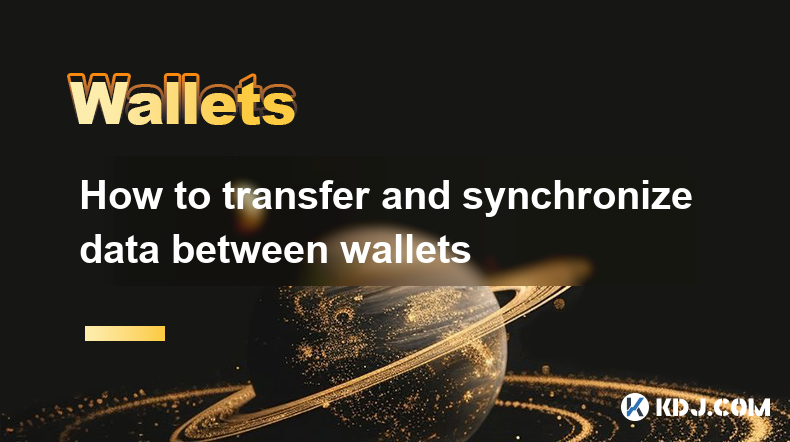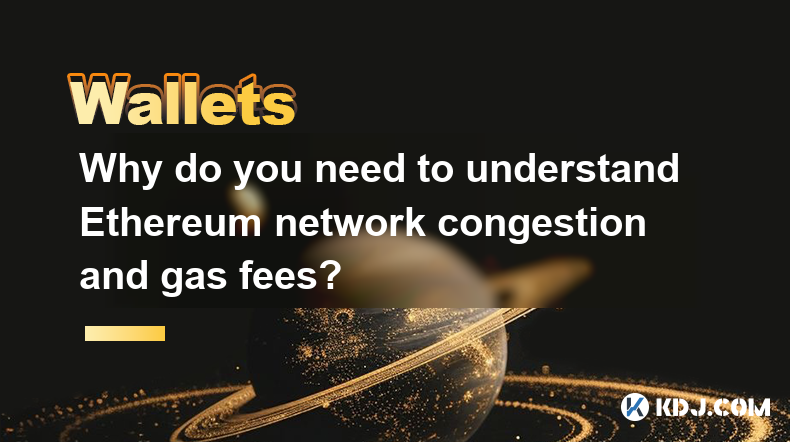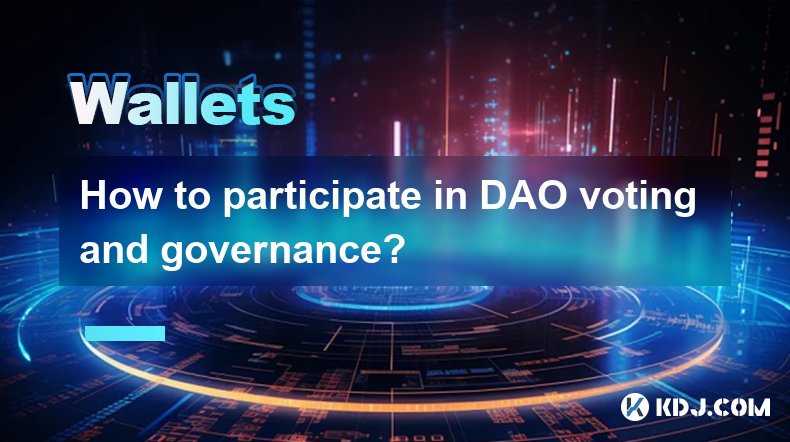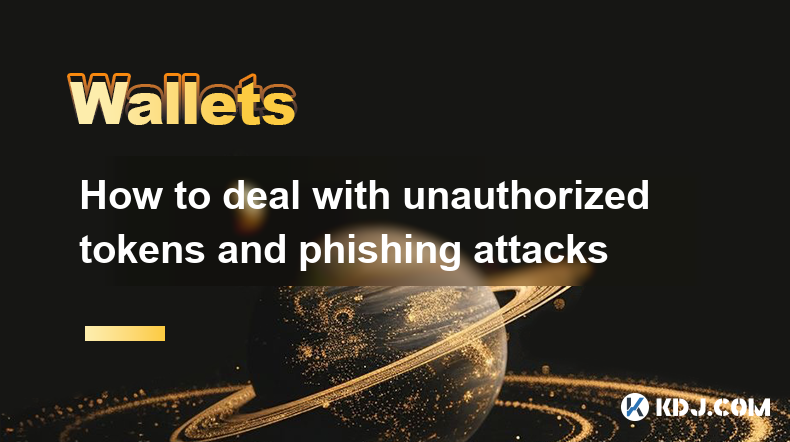-
 Bitcoin
Bitcoin $96,423.2361
-1.98% -
 Ethereum
Ethereum $2,687.4326
-2.59% -
 XRP
XRP $2.5818
-3.06% -
 Tether USDt
Tether USDt $0.9998
-0.03% -
 BNB
BNB $655.8685
0.40% -
 Solana
Solana $171.1929
-2.80% -
 USDC
USDC $1.0000
0.01% -
 Dogecoin
Dogecoin $0.2440
-3.60% -
 Cardano
Cardano $0.7663
-4.19% -
 TRON
TRON $0.2378
-4.96% -
 Chainlink
Chainlink $17.4954
-4.50% -
 Sui
Sui $3.3455
-4.52% -
 Avalanche
Avalanche $24.8717
-1.21% -
 Stellar
Stellar $0.3278
-3.39% -
 Litecoin
Litecoin $129.5275
-3.78% -
 Hedera
Hedera $0.2157
-1.77% -
 Toncoin
Toncoin $3.6223
1.02% -
 UNUS SED LEO
UNUS SED LEO $9.7265
-0.20% -
 Shiba Inu
Shiba Inu $0.0...01523
-2.39% -
 Hyperliquid
Hyperliquid $24.7464
-2.04% -
 Polkadot
Polkadot $5.0989
0.41% -
 MANTRA
MANTRA $7.5112
-1.79% -
 Bitcoin Cash
Bitcoin Cash $317.7396
-2.92% -
 Bitget Token
Bitget Token $5.0163
7.37% -
 Ethena USDe
Ethena USDe $0.9988
-0.09% -
 Dai
Dai $1.0002
0.02% -
 Uniswap
Uniswap $8.7946
-5.33% -
 Monero
Monero $232.2611
-1.64% -
 NEAR Protocol
NEAR Protocol $3.4081
-2.87% -
 Pepe
Pepe $0.0...09228
-5.30%
How to use the currency mixing service?
Currency mixing services, known as tumblers or mixers, enhance privacy by concealing the origin and destination of cryptocurrency transactions through complex anonymizing processes.
Feb 20, 2025 at 04:30 pm

Key Points:
- Understanding Currency Mixing Services
- Selecting a Reputable Service
- Initiating the Mixing Process
- Confirming Transaction Details
- Additional Considerations
- Understanding Anonymity and Privacy
- Frequently Asked Questions
How to Use a Currency Mixing Service
1. Understanding Currency Mixing Services
Currency mixing services, also known as tumblers or mixers, conceal the origin and destination of cryptocurrency transactions by pooling funds from multiple sources and redistributing them through complex, anonymizing processes. This process minimizes the traceability of the funds, improving the privacy and security of users.
2. Selecting a Reputable Service
Choosing a trustworthy currency mixing service is crucial. Consider factors such as:
- Reputation and reviews from the cryptocurrency community
- Security measures and encryption protocols employed
- Anonymity features, such as no-logging policies or Tor compatibility
- Fees and minimum transaction amounts
- Customer support and responsiveness
3. Initiating the Mixing Process
Once a service is selected, follow these steps to initiate the mixing process:
- Create an account (if required) using an anonymous email address.
- Choose the cryptocurrency and the desired level of mixing anonymity.
- Transfer the funds to the mixing service's address.
- Set the output address(es) to receive the mixed funds.
4. Confirming Transaction Details
To ensure accuracy, carefully review the following transaction details:
- Mixing fee and estimated time frame
- Input and output addresses
- Number of rounds of mixing
- Withdrawal confirmation
5. Additional Considerations
- Mixing services do not guarantee complete anonymity. Law enforcement agencies may use sophisticated techniques to trace transactions.
- Consider the potential risks associated with privacy regulations and anti-money laundering laws in specific jurisdictions.
- Research and understand the specific mixing algorithms and techniques employed by the service to ensure they meet your anonymity requirements.
Understanding Anonymity and Privacy
- Mixing services enhance privacy by breaking the direct link between the original source and destination of funds.
- However, it is important to note that mixing algorithms may have limitations or vulnerabilities.
- Practice good operational security (OPSEC) measures, such as using secure communication channels and avoiding linking personal information to cryptocurrency accounts.
Frequently Asked Questions
Q: How long does the mixing process take?
A: It varies based on the service and the chosen mixing level, typically ranging from a few minutes to several hours.
Q: Are mixing services legal?
A: Mixing services are generally considered legal, but their use for illicit purposes may pose legal consequences.
Q: Can mixing services recover stolen cryptocurrency?
A: Mixing services do not have the ability to reverse or undo fraudulent transactions.
Q: What are the alternative methods for enhancing privacy?
A: Using privacy-focused cryptocurrencies (e.g., Monero, Zcash), employing coinjoin protocols, or utilizing decentralized mixers.
Q: Should I mix all of my cryptocurrency?
A: Only mix the amount of cryptocurrency you need to enhance privacy. Consider the risks associated with large, one-time transactions.
Disclaimer:info@kdj.com
The information provided is not trading advice. kdj.com does not assume any responsibility for any investments made based on the information provided in this article. Cryptocurrencies are highly volatile and it is highly recommended that you invest with caution after thorough research!
If you believe that the content used on this website infringes your copyright, please contact us immediately (info@kdj.com) and we will delete it promptly.
- Bitcoin, XRP Price Breakout Imminent, As Trading Range Narrows Further
- 2025-02-22 15:00:24
- Bitcoin Long-Term Holders Tighten Grip as Selling Pressure Wanes, Signaling Potential Rebound
- 2025-02-22 15:00:24
- Mike Novogratz Flips on XRP, Acknowledges Power of Community
- 2025-02-22 15:00:24
- Skyren DAO: The World's First Airdrop Collection DAO Redefining Passive Income
- 2025-02-22 15:00:24
- HIVE Digital Technologies Set to Expand Bitcoin Mining Operations in Paraguay, Targeting 400% Growth
- 2025-02-22 14:50:24
- From XRP's Surge to Toncoin's Woes: Why Panshibi (SHIBI) Could Be the 100x Crypto Play
- 2025-02-22 14:50:24
Related knowledge

What are cold storage and hot storage? Which one is safer?
Feb 22,2025 at 03:18pm
Key Points:Cold storage and hot storage are two methods of storing cryptocurrencies.Cold storage involves storing cryptocurrencies offline, while hot storage involves storing them online.Cold storage is generally considered safer than hot storage, as it is not connected to the internet and is therefore less susceptible to hacking.Cold StorageCold storag...

How to synchronize wallets in multiple devices and browsers
Feb 22,2025 at 09:18am
Key Points:Understand the different types of cryptocurrency wallets and their synchronization capabilities.Learn how to synchronize hardware wallets with multiple devices.Discover the steps involved in synchronizing software wallets across platforms.Explore the options for synchronizing mobile wallets on different devices.Gain insight into browser exten...

How to transfer and synchronize data between wallets
Feb 21,2025 at 12:25pm
Key Points:Understanding different wallet types and their capabilitiesIdentifying similarities and differences between walletsExploring options for transferring and synchronizing dataEnsuring data security and integrity during transferAddressing common challenges and troubleshooting tipsHow to Transfer and Synchronize Data Between Cryptocurrency Wallets...

Why do you need to understand Ethereum network congestion and gas fees?
Feb 21,2025 at 04:48am
Key PointsUnderstanding Ethereum Network Congestion and Gas FeesGas Fees ExplainedFactors Affecting Network CongestionStrategies for Minimizing Gas FeesImpact of Ethereum UpgradesUnderstanding Ethereum Network Congestion and Gas FeesThe Ethereum network is a decentralized platform that hosts a vast ecosystem of decentralized applications (dApps), non-fu...

How to participate in DAO voting and governance?
Feb 21,2025 at 03:42pm
Key Points:Overview of DAO Voting and GovernanceUnderstanding DAO Structures and MembershipRole of DAO Tokens and Voting RightsParticipating in Voting and Proposal SubmissionLeveraging Governance Tools and PlatformsImpact of Voting Participation on DAO OutcomesBest Practices for Effective DAO GovernanceHow to Participate in DAO Voting and Governance1. U...

How to deal with unauthorized tokens and phishing attacks
Feb 21,2025 at 05:25am
Dealing with Unauthorized Tokens and Phishing Attacks in the Cryptocurrency CircleThe cryptocurrency market is rife with potential dangers, including unauthorized tokens and phishing attacks. To protect yourself from these threats, it's crucial to take proactive measures and be vigilant in your online activities.Key Points:Unauthorized Tokens: Tokens cr...

What are cold storage and hot storage? Which one is safer?
Feb 22,2025 at 03:18pm
Key Points:Cold storage and hot storage are two methods of storing cryptocurrencies.Cold storage involves storing cryptocurrencies offline, while hot storage involves storing them online.Cold storage is generally considered safer than hot storage, as it is not connected to the internet and is therefore less susceptible to hacking.Cold StorageCold storag...

How to synchronize wallets in multiple devices and browsers
Feb 22,2025 at 09:18am
Key Points:Understand the different types of cryptocurrency wallets and their synchronization capabilities.Learn how to synchronize hardware wallets with multiple devices.Discover the steps involved in synchronizing software wallets across platforms.Explore the options for synchronizing mobile wallets on different devices.Gain insight into browser exten...

How to transfer and synchronize data between wallets
Feb 21,2025 at 12:25pm
Key Points:Understanding different wallet types and their capabilitiesIdentifying similarities and differences between walletsExploring options for transferring and synchronizing dataEnsuring data security and integrity during transferAddressing common challenges and troubleshooting tipsHow to Transfer and Synchronize Data Between Cryptocurrency Wallets...

Why do you need to understand Ethereum network congestion and gas fees?
Feb 21,2025 at 04:48am
Key PointsUnderstanding Ethereum Network Congestion and Gas FeesGas Fees ExplainedFactors Affecting Network CongestionStrategies for Minimizing Gas FeesImpact of Ethereum UpgradesUnderstanding Ethereum Network Congestion and Gas FeesThe Ethereum network is a decentralized platform that hosts a vast ecosystem of decentralized applications (dApps), non-fu...

How to participate in DAO voting and governance?
Feb 21,2025 at 03:42pm
Key Points:Overview of DAO Voting and GovernanceUnderstanding DAO Structures and MembershipRole of DAO Tokens and Voting RightsParticipating in Voting and Proposal SubmissionLeveraging Governance Tools and PlatformsImpact of Voting Participation on DAO OutcomesBest Practices for Effective DAO GovernanceHow to Participate in DAO Voting and Governance1. U...

How to deal with unauthorized tokens and phishing attacks
Feb 21,2025 at 05:25am
Dealing with Unauthorized Tokens and Phishing Attacks in the Cryptocurrency CircleThe cryptocurrency market is rife with potential dangers, including unauthorized tokens and phishing attacks. To protect yourself from these threats, it's crucial to take proactive measures and be vigilant in your online activities.Key Points:Unauthorized Tokens: Tokens cr...
See all articles














![BONK The Meme Coin MORE THAN ORDINARY [DOG] on Solana BONK The Meme Coin MORE THAN ORDINARY [DOG] on Solana](/uploads/2025/02/22/cryptocurrencies-news/videos/bonk-meme-coin-ordinary-dog-solana/image-1.jpg)


































































